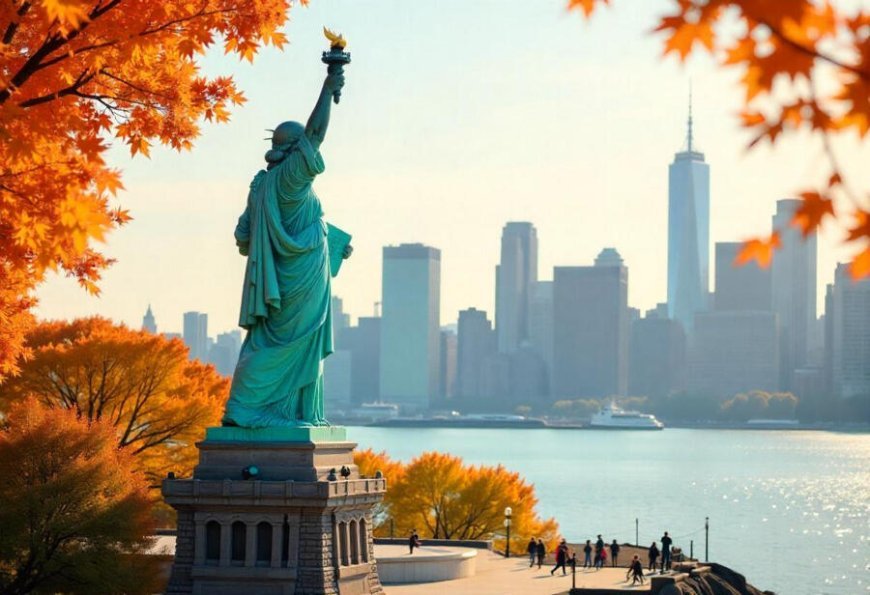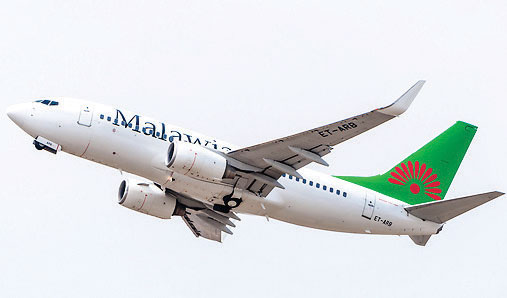Canada, Russia, And Ukraine Twist Global Travel Narrative, Freezing Interest In Visiting The U.S


In 2025, global travel patterns are shifting as tourists increasingly cancel trips to the United States in favor of emerging and re-emerging destinations like Canada, Russia, and Ukraine. This surprising trend reflects changing geopolitical perceptions, evolving safety concerns, and a growing appetite for off-the-beaten-path experiences. With travelers reassessing their priorities and seeking culturally rich alternatives, the U.S. is facing a notable decline in international interest while its northern neighbor and parts of Eastern Europe see a sharp uptick in tourist demand.
The United States has consistently ranked among the world’s top three tourist hotspots, drawing millions of travelers to its iconic cities like New York, San Francisco, and Chicago, as well as breathtaking natural wonders such as Yosemite National Park. In 2023 alone, the U.S. welcomed approximately 66.5 million international visitors, fueled by both leisure tourism and its status as a global economic hub. Forecasts initially suggested 2024 would surpass that number.
However, changing political tides and shifting public sentiment may alter the nation’s tourism trajectory in 2025. The reelection of Donald Trump as President in 2024 has triggered notable shifts in U.S. foreign relations and domestic culture, which are beginning to influence how the rest of the world perceives the country—potentially deterring future tourists.
Emerging signs already point to a downturn. After Trump imposed 25% tariffs on a broad range of Canadian exports, some U.S.–Canada land border crossings reported a drop of up to 45% in Canadian travelers on certain days compared to the previous year. Given that Canada is the top international source of tourists to the U.S., this decline is significant. Reflecting decreased demand, Air Canada has announced service reductions to several U.S. leisure destinations, including Las Vegas, starting March.
In addition to Canadian hesitancy, travelers from western Europe—who accounted for 37% of foreign arrivals last year—may also reconsider their travel plans. Factors such as rising U.S. prices driven by new tariffs and growing concerns over the U.S. administration’s perceived geopolitical stance, including its approach to the Russia–Ukraine conflict, could contribute to a cooling interest among European tourists.
The post Canada, Russia, And Ukraine Twist Global Travel Narrative, Freezing Interest In Visiting The U.S appeared first on Travel And Tour World.
What's Your Reaction?
 Like
0
Like
0
 Dislike
0
Dislike
0
 Love
0
Love
0
 Funny
0
Funny
0
 Angry
0
Angry
0
 Sad
0
Sad
0
 Wow
0
Wow
0













































